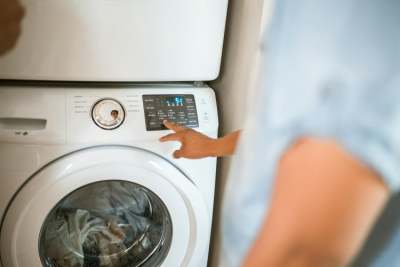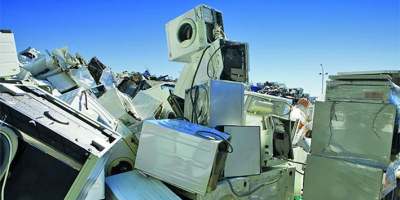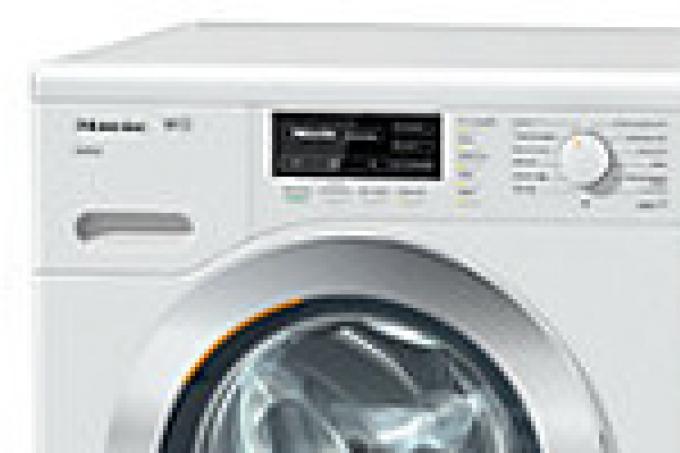How long should a washing machine last?
Does adding more technology equal longer lifespans? If product longevity is the key to reducing environmental impacts, then why are the lifespans of white goods apparently decreasing?
Dr Mansoor Soomro, a lecturer in sustainability and international business at Teesside University, estimates that lifespans of home appliances have declined by up to 30% over the last two decades, and argues that the advent of “complicated parts, high-tech appliances, and sophisticated manufacturing” is primarily behind the trend. Discussing his new research with the Telegraph, Soomro stated that “Modern appliances often rely on complex circuit boards and software, which can be more prone to failure over time than simpler mechanical components”.
From our own assessment, white goods companies do appear to love talking about smart technology, and their sustainability reports wax lyrical about increased interconnectivity and its potential for saving time and energy. The logic tends to follow the lines of ‘more sensors + more communication between sensors = more
efficient products’.
In many cases, this appears to make good sense. All new Miele washing machines, for example, feature automatic load recognition, “an intelligent feature that carefully analyses your current laundry in the drum and uses precisely the right amount of water and electricity needed”.
Elsewhere, things appear to be veering into sci-fi territory. Sharp, for example, has combined two big-tech buzzwords, AI (artificial intelligence) and IoT (internet of things), to form and trademark a new word: AIoT. This hi-tech vision for household appliances appears to involve washing machines communicating with your other devices to “save water” and “help reduce household chores”, alongside ovens that suggest dish preparations and fridges that propose meal plans.
It’s a cruel irony if some appliances are being over-engineered to supposedly save energy, causing them to fail earlier and be replaced more regularly, when the bulk of many appliances' carbon emissions are actually released in the production stage.
If a brand is offering a whole host of smart add-ons, it's certainly worth taking a minute to consider the company’s wider reputation for build quality.
Right to repair
The internet abounds with debates on whether declining lifespans are a result of deliberate planned obsolescence – that is, products cynically designed not to last – or whether white goods are just made so cheaply that they’ll inevitably fail quickly.
The UK government has, for its part, legislated against planned obsolescence in appliances, legally obliging manufacturers to make spare parts for products available to consumers for ten years after purchase. There was also talk, when this legislation passed, that companies may in time have to publish the expected lifespans of their appliances, but three years have since passed and we’ve seen little progress on this.
Which washing machines are the most reliable?
So, how can we find washing machines that will live long, happy lives and are the most sustainable therefore in terms of carbon emissions?
Research from Which? found that , Bosch, Miele, NEFF, and Samsung were amongst the most reliable brands in the UK, with under 12% of each company’s machines developing a fault in the first seven years of use.
At the other end of the scale, around a quarter of both Bush and Whirlpool machines developed faults in the same time frame.
Warranties on home appliances
Related to a dwindling lifespan of home appliances is the length of the item's warranty. This data doesn’t necessarily correlate to a product’s overall lifetime of course, but it is worth considering the warranties offered by different companies. A longer warranty gives you greater peace of mind if the product does need repairing.
- Miele keeps spare parts available for 15 years even once products are discontinued. It used to offer a 10-year warranty as standard. Although it now only offers a 2 year warranty as standard, this can be extended to 10 years for a fee.
- Ebac offers a 7-year parts and repair warranty as standard.
- Fisher & Paykel, Grundig, and Gorenje offered 5-year warranties as standard.
- Blomberg offered three years.
- All other companies only covered products for one or two years.






